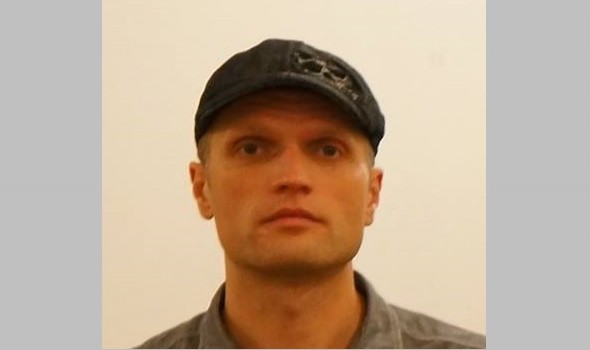Reality and discourse: Media victimisation of Roma
Reality and discourse: Media victimisation of Roma

In recent years, the Roma population living in the UK have been subjected to an increasingly negative media coverage. Often Roma are depicted as 'lazy', 'parasite individuals', 'benefit scroungers' who migrated to UK from Eastern Europe for the sole purpose of 'abusing' the social security system, thus perpetuating the image of Roma as individuals uninterested in education, work or social integration. Worse still, some headlines have depicted them even as 'criminals'. This victimisation and criminalisation discourse is reaching unprecedented levels, generating an extremely damaging image of Roma which in turn produces additional barriers to their social mobility and integration into society.
I currently work as an Adviser for an Advocacy & Employability service dedicated to the local Roma community in Glasgow. I am a Slovak national who has been living in Scotland for about eight years now and over the last four I have been working with Roma migrants living in Glasgow. Many of them have come from Eastern Europe, and in the project that I am involved in the majority of them are from Slovakia.
As someone working in the front-line service it pains me to notice on a daily basis how damaging and detached from reality the so-called media 'facts' about Roma migrants are. Not a single day passes without a negative headline about Roma or other migrants. We read, for example, 'stories' about some Roma claiming as much as £2000 per month on benefits or saving thousands of pounds every year just from benefits alone. Yet as I experience every day at my work, these allegations simply do not represent the reality on the ground.
From my experience and knowledge of working in this area for a number of years now, I have noticed how painfully difficult it has become for EU migrants in general - and Roma in particular - to claim the social security benefits they are actually entitled to. Recent changes have introduced more restrictions and criteria to claiming social security benefits. Amongst others, this includes the introductions of the Right to Reside and Habitual Residence tests, which every EU migrant must pass in order to be eligible for benefits. As the rules are becoming stricter and changing nearly every month, claimants are increasingly required to provide an extraordinary amount of paperwork and 'evidence' in order to qualify for benefits. This means that it can take from three months up to a couple of years for claimants to receive their payments into their account, leaving individuals in limbo for months.
Yet while the welfare reform is becoming more and more complex and creating more insecurities, the media 'reports' about 'benefit scroungers who abuse the system' are paradoxically also becoming more prevalent.
For me the increasingly negative coverage of Roma in the media at the present not only adds further stigmatisation to Roma and generate more barriers to their social inclusion and mobility but such 'obsession' and demonisation of ‘the vulnerable’ also create social tensions, division even hatred in society as a whole.
Historically, throughout Europe, Roma have been subjected to continuous and systematic discrimination and stigmatisation which has forced many of them to occupy the lowest positions in society. As evident from the current media coverage, the discourse and practices perpetuating this marginalisation unfortunately continue to this day. Can the government(s), the public, citizens and migrants break this circle of ongoing and perpetuating marginalisation? Some people say that change is possible, they say, e.g., that the current negative coverage would not have been possible several decades ago because the public would have not allowed this to go unchallenged. Yet, one does not find much hope in the current media discourse and political rhetoric...
Miro Cuba ia an East-European migrant who works with the Roma community in Glasgow; most recently at Roma Employability Project.


